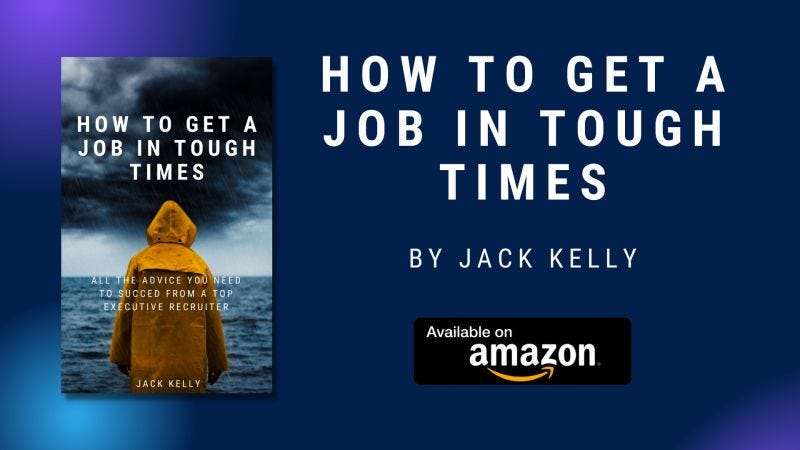The global movement toward a 32-hour workweek is gaining traction in the United States with an endorsement by Senator Bernie Sanders (I-Vermont). Last Wednesday, Sanders introduced the Senate companion bill to Rep. Mark Takano’s (D-Calif.) Thirty-Two Hour Workweek Act that would amend the Fair Labor Standards Act, reducing the standard workweek from 40 hours to 32, and lower the maximum hours threshold for overtime pay for non-exempt employees.
In a Zoom interview, Takano, a senior member of the House Committee on Education and the Workforce, talked about how the push for an abbreviated workweek is gaining ground due to the ascendancy of AI. He cited “public openness” from major public figures and business leaders, like former President Barack Obama, JPMorgan CEO and Microsoft founder Bill Gates.
How Immigrants Are Boosting U.S. Economic And Job Growth
Americans are becoming increasingly more concerned about border enforcement in the United States, with nearly half considering it a “crisis,” according to a poll by CBS News. Thirty percent of Americans view the border situation as “very serious.” However, according to economic research, immigration has been a net positive to the U.S. economy, driving job growth and increasing consumer spending.
Federal Reserve Holds Interest Rates Steady, Projects Three Rate Cuts Later This Year
The Federal Reserve held interest rates steady on Wednesday, but policymakers signaled they still expect to start cutting rates later this year.
Updated forecasts from members of the Fed's rate-setting committee show an average of three quarter-point rate cuts in 2024 — similar to what policymakers were projecting in December.
While inflation has cooled significantly over the last year, recent measures show prices are still climbing faster than the central bank would like. Since last summer, the Fed has kept interest rates at their highest level in more than two decades, in an effort to tamp down demand and bring prices under control.
Glassdoor Reportedly Attaches Real Names To Anonymous Accounts
Is it really possible to keep anything hidden on the internet anymore? It seems very unlikely, with the latest example coming from Glassdoor, which published people's real names without their consent, ArsTechnica reports. That's right, the site specifically designed to allow anonymous, often unfiltered posts about users' employers is now tattling.
Glassdoor's long-standing policy was that users could sign up with their name or anonymously. However, things changed when the company bought FishBowl in 2021 and later integrated it. Now, Glassdoor users get signed up for a FishBowl account and, as a result, must be verified (a Fishbowl requirement). This shift gives Glassdoor access to users' information to either display without consent — as is being done — or potentially get revealed if there was a leak or subpoena.
There Was A Spike In PIPs During Amazon Layoffs
In the months before Amazon laid off tens of thousands of workers, it also put a large number of employees on performance improvement plans, known as PIPs, according to a new report.
Performance improvement plans, common at large companies, are a way to formally tell workers they need to improve, and being put on a PIP is commonly understood as a step toward termination. (When done correctly, though, PIPs can be an effective way to provide proper guidance to a struggling employee and help them keep their job.)
In April 2022, about six months before the layoffs started, Amazon placed less than 2,000 employees into the first phase of its PIP, which it internally calls Focus. At the end of the year, once the layoffs had commenced, upwards of 3,300 staffers a month were on such a plan. The following January the number continued to climb even higher, according to Business Insider.
7 In 10 Employees Say Mental Health Stayed The Same Or Worsened In Past Year
Nearly seven in 10 employees say that their mental health stayed the same or worsened in the past year, with Gen-Z employees most likely to be depressed or stressed.
By generation, Gen-Z respondents emerged as the most stressed and anxious generation (90%) and are most likely to feel down or depressed (74%), found a survey by software firm Calm.com.
The report attributed the situation to Gen-Zs coming of age during a global pandemic and a technology-saturated world.
Meanwhile, the report also discovered that financial woes are the top stressors for employees, with the issue being the cause of the following:
Increased feelings of anxiousness and worry (59%)
Experienced frustration or irritability (33%)
Sleep disturbances or insomnia (24%)
It found that technology is blurring work-life balance and is contributing to stress and burnout, with employees reporting the following experiences:
Being always connected or available for work (58%)
Working outside of working hours (46%)
Feeling tired from being online for work (32%)
Managers can also have an impact on employees' wellbeing, with one-third of the respondents saying they wish their managers would:
Adjust their workload
Foster a low-stress environment
Allow employees to take mental health breaks throughout the day
Refer employees to mental health benefits and being open about their own mental health experiences
How To Get A Job In Tough Times: All The Advice You Need To Succeed From A Top Executive Recruiter
There’s an old saying, “Tough times make tough people.” In this book, Jack Kelly will help guide you every step of the way in your job search to ensure that you stay strong, resilient and positive, and get that great, new job.




